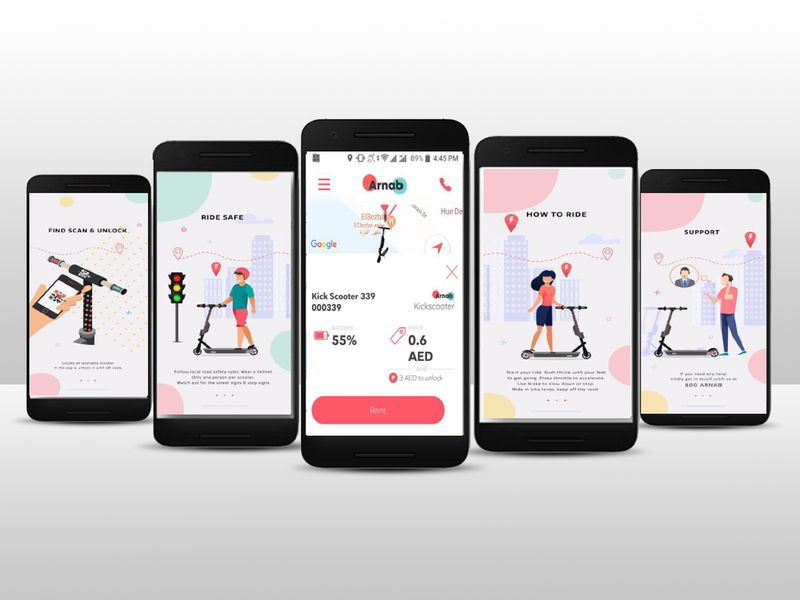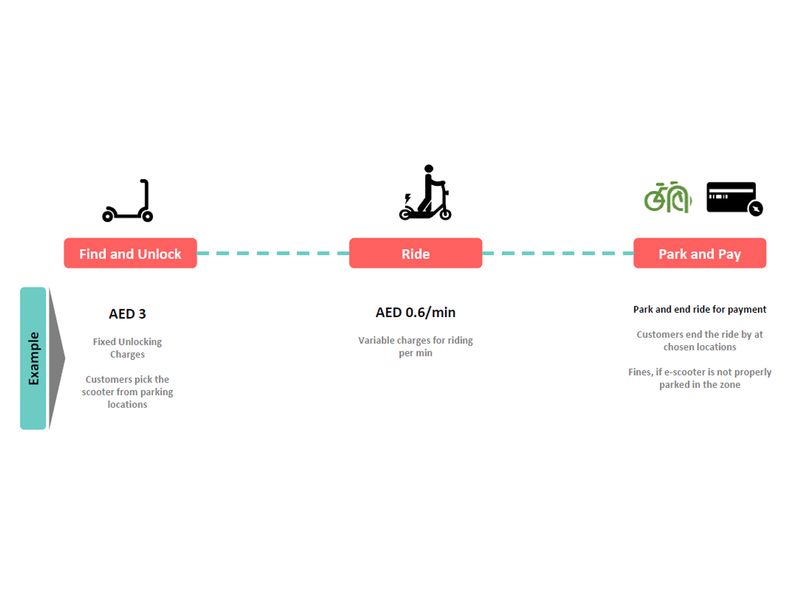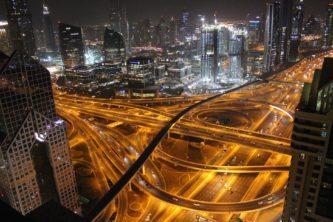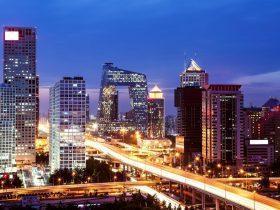By Riaz Naqvi
The need of the hour is to focus on green, clean and sustainable sources of energy rather than fossil fuel-based solutions,” says Dr Dheeraj Bhardwaj, Group CEO of Dubai-based Arnab Mobility. Dr Bhardwaj, who holds an MBA from Imperial College London and a PhD in computing science from the prestigious Indian Institute of Technology (IIT) Delhi, believes micro-mobility will play a key role in addressing the urgent issues brought upon the world by climate change – something that came into sharp focus this month with Greta Thunberg’s fiery speech at the UN.
The need of the hour is to focus on green, clean and sustainable sources of energy rather than fossil fuel-based solutions,” says Dr Dheeraj Bhardwaj, Group CEO of Dubai-based Arnab Mobility. Dr Bhardwaj, who holds an MBA from Imperial College London and a PhD in computing science from the prestigious Indian Institute of Technology (IIT) Delhi, believes micro-mobility will play a key role in addressing the urgent issues brought upon the world by climate change – something that came into sharp focus this month with Greta Thunberg’s fiery speech at the UN.
Meanwhile, the world’s cities are getting increasingly congested, with the UAE no exception. A 2019 global survey by traffic data company Inrix showed Dubai motorists spent the equivalent of nine working days stuck in traffic last year. The study — one of the most in-depth congestion and mobility studies of its kind — found many other major cities face the same struggle.
“Global cities are currently trying to find solutions to the global warming problems mainly caused by fossil fuel vehicles,” says Dr Bhardwaj. “Also, city inhabitants and visitors struggle with first/last mile transportation, congestion and expenses. How efficient is it for a one-ton hulk of metal to take one person two to three miles? Conventional transportation systems are currently insufficient with people dealing daily with traffic, a lack of parking spaces, as well as long walks from bus stops and metro stations.”
The UAE’s need
Here in the UAE, a part of the solution may exist. Arnab Mobility is an on-demand electric scooter platform that provides residents and visitors a cost-effective means of ensuring their transportation needs are satisfied. “We aim to make all the cities we enter green, clean and smart, through reducing reliance on fossil fuel vehicles,” explains Dr Bhardwaj.
All major urban centres in the GCC and wider region face last-mile problems. The public transit systems are great, but they usually only drop you several blocks – or maybe even half a mile – from your home.
The platform is targeted at not only commuters who struggle to reach their work, appointments or home but also tourists, communities and entertainment centres, which are finding great value through the solution. “Our first couple of months of operations has achieved outstanding results and – most importantly – zero safety incidents. We can proudly claim that we have taken few cars off the street too.
“Cars often aren’t the quickest way to travel in dense, urban areas. Many cities look to bicycle-sharing services and bike lanes as a better option for shorter trips and a way to reduce carbon emissions. Urban mobility solutions such as Arnab, which starts at less than $1 (Dh3.67) a ride, are an offshoot of that.”
How it works
Arnab’s branded e-scooters and bikes will soon speckle sidewalks and public spaces all over the UAE. To ride an Arnab, you use the app to rent one for as little as Dh3, plus a per-minute charge of 0.6 fils. When you’re done, end the ride in the app, simply park the rented scooter within the designated zones and off you go – or hop into the metro or taxi to continue the trip.

Arnab Mobility – which is backed by Emirati entrepreneur Hamad Al Shamsi – believes its smart mobility solutions will make urban life simpler, affordable and joyful, with faster transit, less congestion and zero CO2 emissions.
“Our approach to capture the market share is through strategic partnerships with city authorities, property and business owners,” he says.
“We are entering into strategic partnerships, focused on innovation, data, risks, utilization, commercial aspects and safety with related entities. These partnership are focused on understanding challenges, identifying solutions and introducing innovations with a focus on green, smart cities along with creating commercial values. We are working with the leading universities/academic institutions in the region and abroad to keep abreast with the developments in technologies. We are also part of Sharjah Research Technology & Innovation Park, where we provide opportunities to young university students to work with us as interns during their academic breaks.”
While electric scooter sharing platforms have been successful in many western markets, will they hold up in the UAE’s scorching summer weather? “We are focusing attention on the daily commuters, people who travel to work and run errands, who will have to commute, no matter what the climate and temperature outside is,” explains Vaibhav Chauhan, Product Development lead of Arnab and a former E&Y and PwC consultant.
“We are incentivizing them, making the commute easier by helping them skip the long walk under the scorching sun, reduce dependence on crowded public transport and taxis and helping them reach their destination conveniently and on time.” He adds that Arnab is focused on early morning and evening operations during summer, when temperatures are more bearable and the bulk of commutes take place. “On a technical note, our scooters are intelligently designed to withstand the extreme weather conditions, making rides smooth and safe all-round the year, across most geographies.”
“We are incentivizing them, making the commute easier by helping them skip the long walk under the scorching sun, reduce dependence on crowded public transport and taxis and helping them reach their destination conveniently and on time.” He adds that Arnab is focused on early morning and evening operations during summer, when temperatures are more bearable and the bulk of commutes take place. “On a technical note, our scooters are intelligently designed to withstand the extreme weather conditions, making rides smooth and safe all-round the year, across most geographies.”
The shared micro-mobility model

One of the main benefits of shared micro-mobility solutions is that they do not require investments in building new infrastructure, believes Dr Bhardwaj. “For example, many cities in the US and Europe that lack the infrastructure but have embraced micro-mobility and electric scooters have achieved this through training customers on safe riding and environmental benefits, thus shaping the customer adoption pattern.
“We look to follow in their footprints. Setting up or changing infrastructure takes time, but driving customer awareness – thereby changing the customer adoption patterns – will drive the change.”















